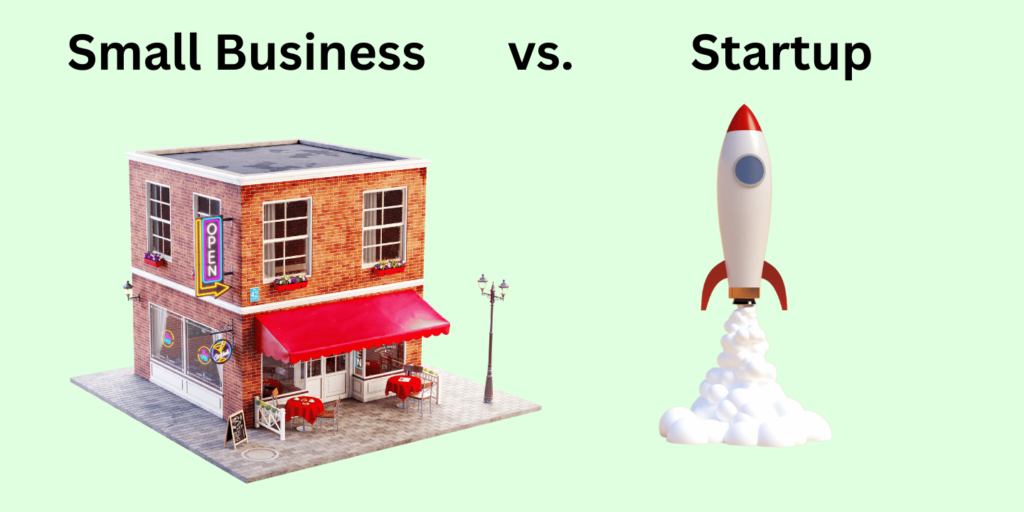Today, we use memes in a wide range of situations.
They can help us connect and feel like we belong, serve as conversation openers, and even help you
resolve a disagreement or make a point.
Memes also help us relax while exploring and postponing to avoid worrying about the news. They’re a
cost-free kind of entertainment that’s always there, even if you don’t have time for more time-
consuming hobbies. Even better, they’re easy to make, allowing them to reach a wide range of niche
audiences, as they’re such significant ‘bits’ of culture and humor that they mix to produce a viral piece of
content.
On the other hand, memories can impact how we connect with others. Some aspects of meme culture
have caused ripples in our social fields outside of the internet. After all, every meme has a creator who
created it to spread a viral message, whether for pleasure or to persuade others.
What impact do memes have on society? On the other hand, how do social changes affect meme
evolution? Let’s have a look at it.
Text or image memes were the first to be disseminated on the internet. The Dancing Baby meme, which
first circulated over email in the mid-1990s, was one of the early online memes.
Images and texts, on the other hand, are no longer exclusive choices. The popularity of video memes is
exceptionally high.
Every meme reflects a specific cultural context based on some level of information or opinion about the
world. Some memes emerge in response to novels, music albums, or cultural events like the Academy
Awards. Existing memes can also be a good starting point for creating new ones.
One of the most appealing aspects of generating a viral meme is that there are no prerequisites. With a
few clicks of a button, anyone can become a meme generator, which is why this hobby is so popular
among teenagers and millennials.
To engage in meme culture, you don’t require any special technical knowledge. You only need a simple
picture editor or video tool to make a meme. Meme production, unlike many other creative industries,
is usually free.
While most memes are surreal, they frequently deal with real-life circumstances.
Popular meme subjects include relationship issues, parent-child conflicts, and poverty. Memes
concerning high school and academic stress, as well as memes about working tiredness, are also
available. Meme culture reflects people’s concerns about the state of the world. They make it simple for
individuals to discuss shocking cases.
Memes can be a powerful coping mechanism. They provide us with a means of expressing challenging
ideas. There is also a sense of belonging. Sharing memes can help people feel less alone in their
troubles.
However, there may be a disadvantage to using memes. It’s possible to lose interest in these issues.
Memes have replaced authentic dialogues that could lead to solutions in some circumstances.
Memes as a Social Networking Tool
People can communicate with one another using memes. Knowing which memes to use can assist you in
joining a group. They help to bring people together in groups.
Memes are an excellent way to build online popularity because Memes as a Social Networking Tool
People can communicate with one another using memes. Knowing which memes to use can assist you in
joining a group. They help to bring people together in groups.
Memes, which are on social media, are an excellent way to gain online fame. People can obtain
additional followers by generating and reblogging popular memes. Here are a few memes that impact
the growth and visibility of online social organizations.
Memes’ Impact on Challenging Harmful Narratives
How can memes serve people of color and other minority groups while providing visibility?
Racist memes persist despite the cultural influence of people of color on meme culture. Sexist and
homophobic memes are also widely spreadable. The remix-heavy nature of these memes, on the other
hand, allows people to question this on their terms.
Women and teenage girls of color, for example, are routinely insulted in memes. However, because
many of these women are part of the meme culture, they generate memes that challenge stereotypes.
These words can unite people and serve as rallying points for optimism, and these healthy memes are a
growing trend.
Meme culture also allows people to address potentially harmful societal trends or events. A meme also
brings attention to a specific topic.
Memes can be harmful as well.
Nonetheless, it’s crucial to remember that memes can be used for harassment and to spread hate
speech and misinformation about various social groups.
Memes Have the Potential to Become Propaganda
In politics, memes are getting increasingly popular. What is it about memes that makes them such a
powerful propaganda tool?
Memes, according to experts, are an efficient technique for spreading political ideas because of their
simplicity. It is valid throughout the political spectrum for many ideas and groupings. Memes help
provide straightforward answers to complex topics, which are more likely to be accepted.
Furthermore, memes generate an emotional response, mainly when using shock humor. It is one of the
reasons why they are so appealing to hate organizations. The memes may seem amusing, but the
devastation they wreak is genuine.
People form cliques when they see memes.
Another reason memes are gaining popularity in politics is the social cohesiveness they give.
If you don’t comprehend a meme, it’s most likely because you’re not a member of the target
demographic. Making a relevant meme can help you create your social presence. You’re an outsider if
you misuse a meme.
Memes have the potential to reinforce beliefs while discouraging critical thinking. As a result, they
contribute to the polarisation of online political debate.
The Monetization of Memes Will Continue
While most meme culture participants do so for free, some people profit financially from creating and
modifying memes. This pattern is quite likely to persist.
E-commerce businesses regularly supply advertisements in video meme posts, local businesses, brands,
and even media channels across social networks to work best with the algorithms that determine your
content’s natural traction.
Resolve questions about meme copyright.
Resolving monetization issues can also help with copyright issues. Brands can now benefit from memes,
while the creator receives no payment.
Another reason for the popularity of copyright is that it safeguards intellectual proper.
We’ll begin to consider memes in a variety of ways.
Memes are growing more politicized, and corporations are increasingly using them. As a result, the
meme culture has undergone significant transformations.
Simultaneously, people are becoming more conscious of how memes can get misappropriated. We no
longer regard memes as harmless entertainment. We’re growing more aware of their social and political
effect, for better or ill.
A Final Thought
Memes, like so many other facets of online culture, are easily misunderstood by those who aren’t
familiar with them. Some people believe they are unimportant. Others believe memes are hazardous
and destructive to our communication.
On the other hand, memes are a communication tool for various objectives. They can help bring about
constructive societal changes but are sometimes also exploited to cause harm to others. It’s critical to
establish a realistic understanding of memes’ potency as a communication medium, both today and in the future.
Author: Afifa Maryam

